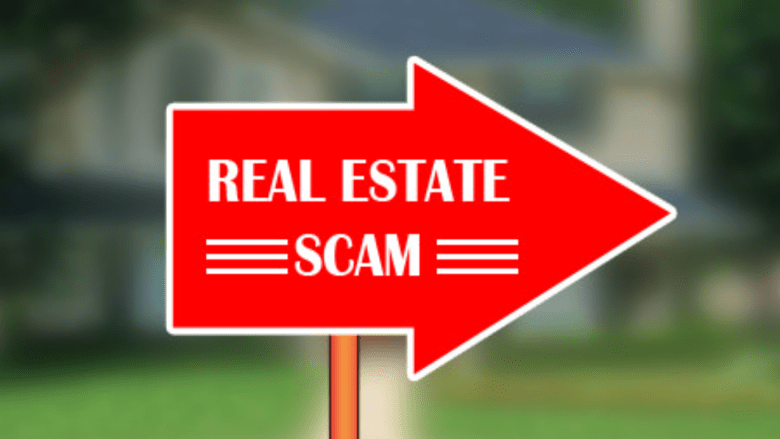Real estate fraud is a growing menace that has the potential to wreak havoc on both individual investors and the broader property market. In 2022 alone, the FBI reported over 11,000 cases of real estate and rental fraud, resulting in losses exceeding $350 million. These staggering figures highlight the urgent need for awareness and preventive measures in the real estate sector.
Imagine investing your hard-earned money into what seems like a dream property, only to discover that the title is fraudulent or the mortgage terms were manipulated. Such scenarios are not just hypothetical; they are real-life nightmares that many have faced. The rise of sophisticated technology has, unfortunately, also given fraudsters new tools to exploit unsuspecting buyers and sellers.
Stay with us as we unmask the deceptive practices lurking in the real estate market and arm you with the knowledge to safeguard your investments.
Common Types of Real Estate Fraud
Real estate fraud can manifest in various ways, each with its own unique methods and consequences. Understanding these common types can help you recognize and avoid potential scams. Here are some of the most prevalent forms of real estate fraud, illustrated with real examples and data:
1. Mortgage Fraud
Mortgage fraud is the intentional misrepresentation or omission of information on a mortgage loan application to obtain a loan that would not have been approved otherwise. This can include inflating income, falsifying employment history, or misrepresenting the value of the property. Both borrowers and industry professionals, such as brokers and appraisers, can be involved in these schemes.
According to the FBI, mortgage fraud accounted for over $1.3 billion in losses in 2021 alone. This type of fraud often involves inflating property values, falsifying borrower information, or using straw buyers to obtain loans fraudulently.
2. Title Fraud
Title fraud, also known as deed fraud, occurs when someone illegally transfers the ownership of a property without the knowledge or consent of the rightful owner. Fraudsters may forge documents to transfer the title to themselves or an accomplice, then sell or mortgage the property. Victims often discover the fraud only when they receive foreclosure notices or when they attempt to sell their property.
This type of fraud can result in significant financial and emotional distress for victims, as they may lose their homes or face costly legal battles to regain ownership.
3. Foreclosure Fraud
Foreclosure fraud targets homeowners who are at risk of losing their homes due to financial difficulties. Fraudsters often pose as foreclosure rescue companies, offering to help homeowners avoid foreclosure for a fee. They may charge exorbitant fees for services they never provide or trick homeowners into signing over the deed to their property, leaving them without a home and still in debt.
4. Rental Scams
Rental scams are fraudsters posing as landlords or property managers to trick potential renters into paying deposits or rent for properties that are not available for rent or do not exist. These scams often involve fake rental listings on popular websites, with fraudsters using high-pressure tactics to secure payments before the victim realizes the scam.
According to the Better Business Bureau (BBB), rental scams have been on the rise, with over 5 million people in the U.S. reporting being scammed in 2021. The BBB estimates that victims lose an average of $1,200 in these scams, making it a costly and widespread issue.




